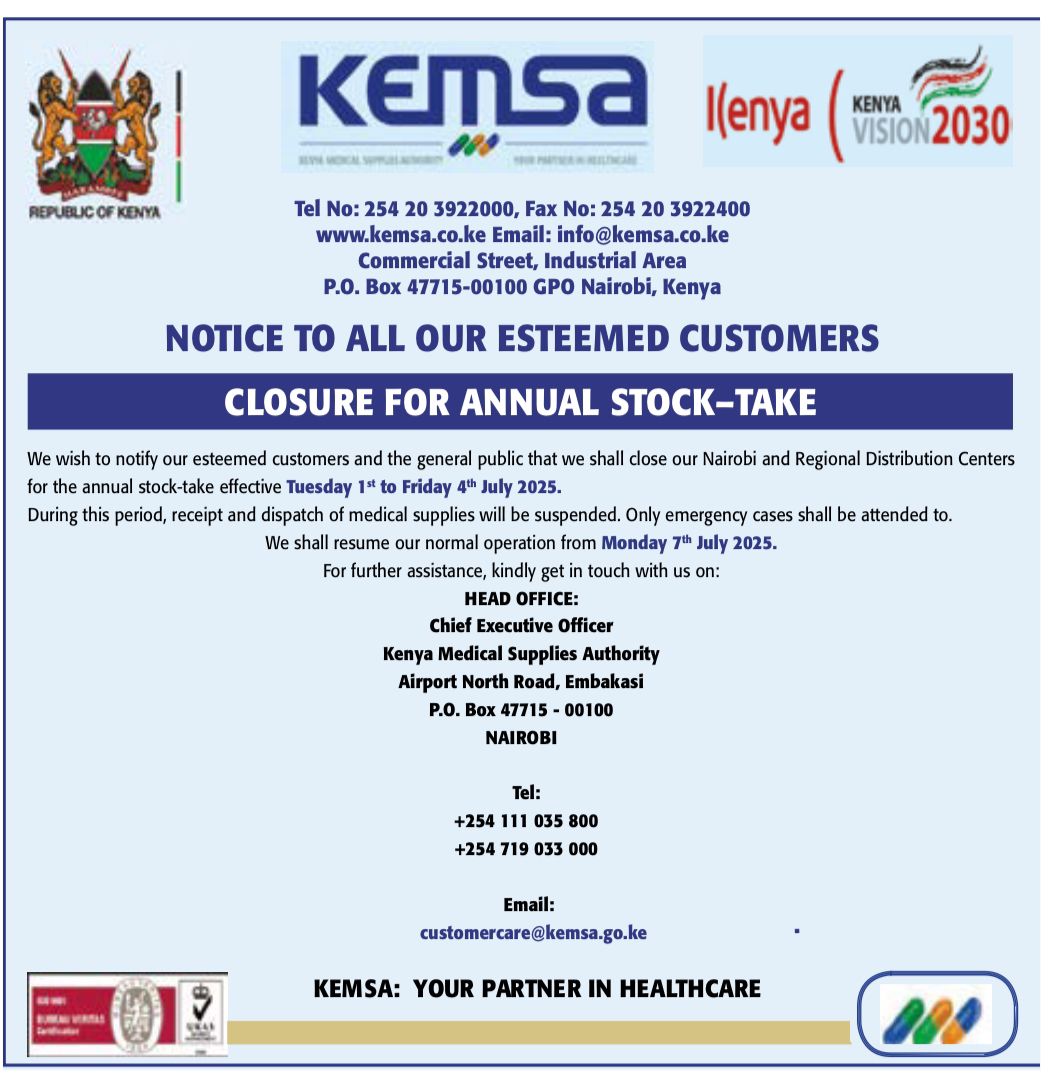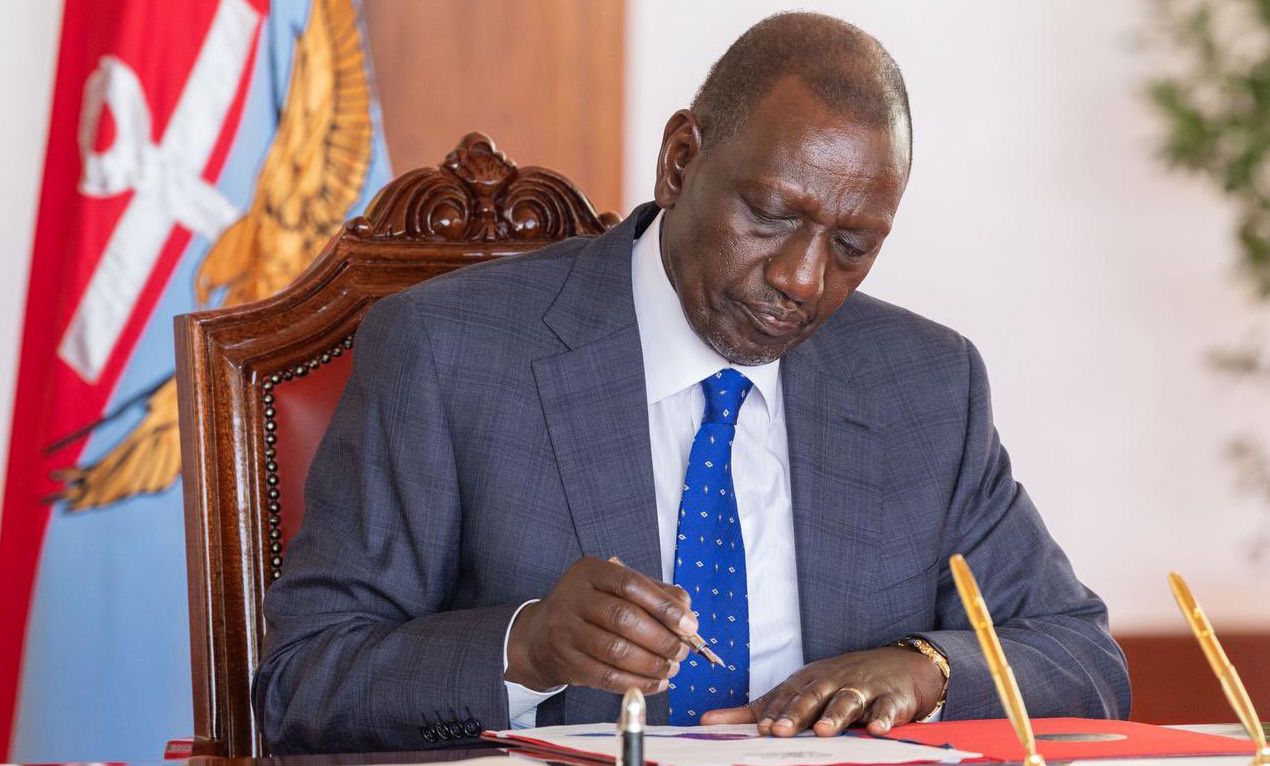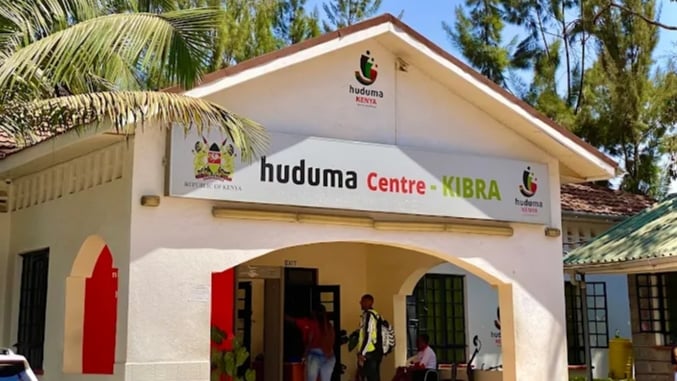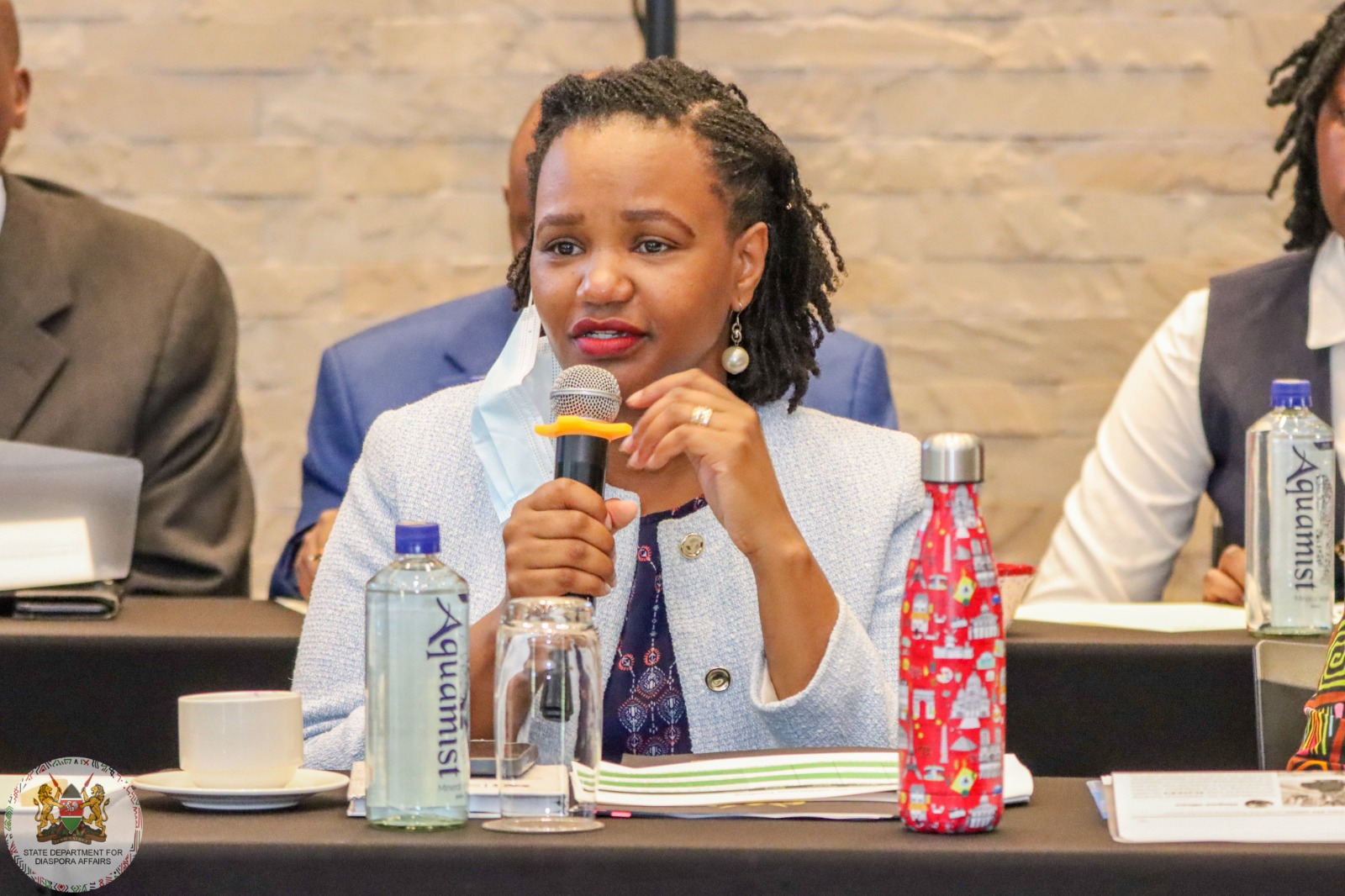The Kenya Medical Supplies Authority (KEMSA) has announced a temporary closure of its Nairobi and Regional Distribution Centers to facilitate its annual stock-taking exercise.
In a notice on Tuesday, June 17, the closure will run from Tuesday, July 1, to Friday, July 4, 2025.
In a public notice issued by the authority, KEMSA informed its esteemed customers and the general public that during this period, the receipt and dispatch of medical supplies will be suspended.
However, the agency noted that emergency cases will still be attended to throughout the stock-taking duration.
KEMSA noted that regular operations will resume on Monday, July 7, 2025.
Read More
“We wish to notify our esteemed customers and the general public that we shall close our Nairobi and Regional Distribution Centres for the annual stock-take effective Tuesday, July 1 to Friday, July 4, 2025,” the authority said.
The notice further provided contact details for assistance during the closure; customers can reach out to KEMSA via telephone on +254 111 035 800 or +254 719 033 000.
Emails can also be directed to [email protected].

Notably, this comes months after KEMSA upgraded its digital infrastructure to bolster transparency and efficiency across its operations.
In February, the company introduced on two major systems, the Logistics Management Information System (LMIS), which offers real-time tracking of health commodities, and the soon-to-be-launched Enterprise Resource Planning (ERP) platform that brings full visibility to procurement, finance, inventory, and distribution processes.
CEO Waqo Ejersa said digitizing the systems is key to fighting corruption, enhancing accountability, and streamlining the supply chain.
"Fighting corruption is our number one agenda through automation and a mindset change hence we have digitized our environment through the logistics management information system that ensures real-time visibility of health commodities to the facilities and to everyone in that loop," he noted.
The LMIS grants stakeholders continuous insight into stock levels, while the ERP ensures transparent financial workflows by automating procurement and budgeting.
-1750158791.jpeg)





